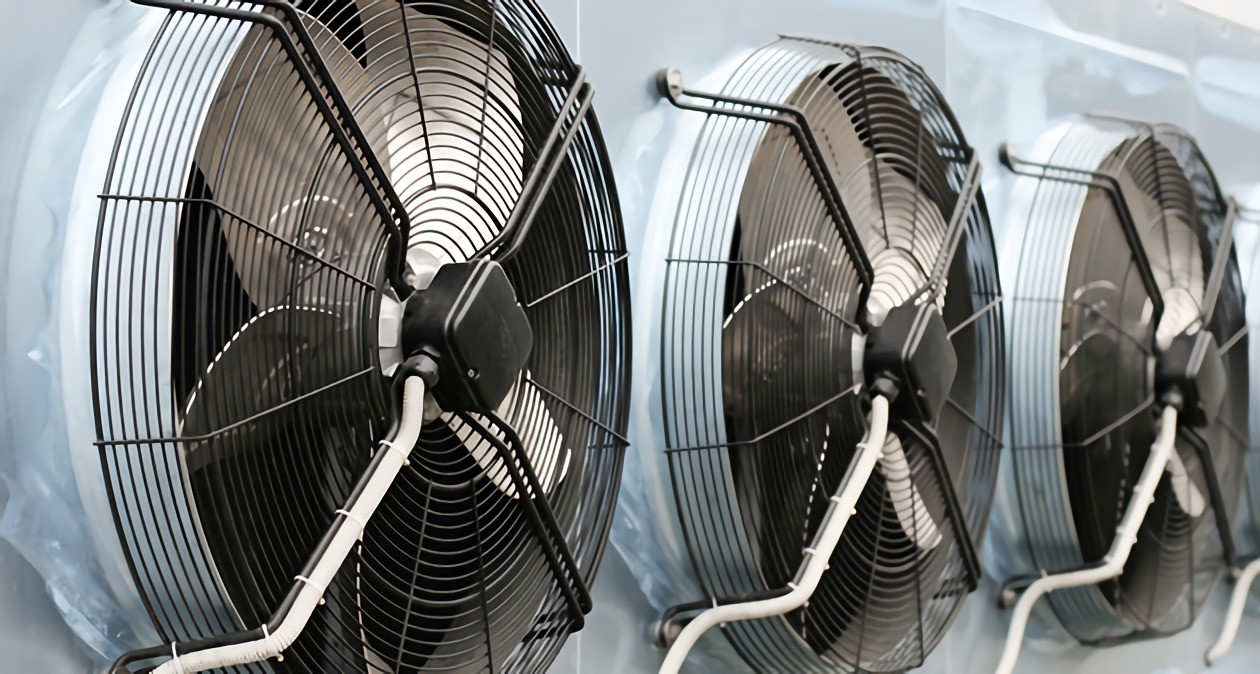
If you live in a warm climate, you probably find that your power bills increase considerably during the hottest months of the year. It’s probably fair to blame those higher electric bills on your air conditioning system. Like many homeowners, you may wonder why air conditioning systems use so much electricity.
You could take some comfort from the fact that modern air conditioners are much more efficient than they were a few years ago. According to WiseGeek, air conditioners manufactured after 2000 use 30 to 50 percent less power than models that were made in the 1970s. However, since power also costs a lot more than it did back in the 1970s, your power bill is still probably a lot higher, as we work to make our way to geothermal solutions.
How Air Conditioners Consume Power
In order to understand why air conditioners use so much power, first consider how air conditioners work. They actually work in a manner that is very similar to the way that refrigerators operate, but air conditioners have to cool of an entire house instead of the contained area inside of a freezer and fridge.
Inside an air conditioning system, you will find a series of tubes that wind into two kinds coils, and these are called evaporator and condenser coils. Your AC system’s pump, called a compressor, continuously moves refrigerant between the evaporator and condenser. This refrigerant evaporates in the evaporator coils, and this draws heat out of the indoor air. Now a gas, the refrigerant gets pumped back into the compressor where it turns back to a liquid and expels the heat. Also, the system’s blower moves warm indoor air into the air conditioning system and cool air into the home.
All of this work consumes quite a bit of power, and the more the system works to cool temperatures inside the home the more electricity is needed. This is particularly true if you leave your system on all day during the hottest months of summer. These are some tips to keeping your home comfortable while reducing the amount of power your system uses:
Get Started on the Path to a New Career
Fill out our form to learn how we can help you change your life.
- Programmable thermostats: It makes sense to turn your thermostat up or even off when nobody is at home, and a programmable thermostat can get set according to your family’s regular schedule.
- Use drapes and blinds: Close window coverings on windows that face the sun.
- Maintain your air conditioner: In order to keep your air conditioner running at peak efficiency, keep the coils free of dust. Investing in good filters and changing them regularly helps, but you may need a professional technician to help you with periodic maintenance too.
- Supplement your air conditioner with fans: Fans make air feel cooler by moving it around in the same way that a nice breeze helps you feel cooler outside. Be sure to turn fans off when nobody is in the room to enjoy the breeze.
- Buy the right air conditioning system for your home: Make sure that a professional HVAC technician recommends the right air conditioning unit for your climate and home size. By installing the correct air conditioning system in your home, you will enjoy greater efficiency.
Careers in HVAC
According to the US Bureau of Labor Statistics, or BLS, the demand for HVAC professionals is expected to grow by 21 percent between 2012 and 2022. The BLS also says that most employers prefer to hire formally trained HVAC technicians. At RSI, you can get that formal HVAC training for a new career in refrigeration technologies in as little as six months.
This blog has been labeled as archived as it may no longer contain the most up-to-date data. For a list of all current blog posts, please visit our blog homepage at https://www.rsi.edu/blog/

